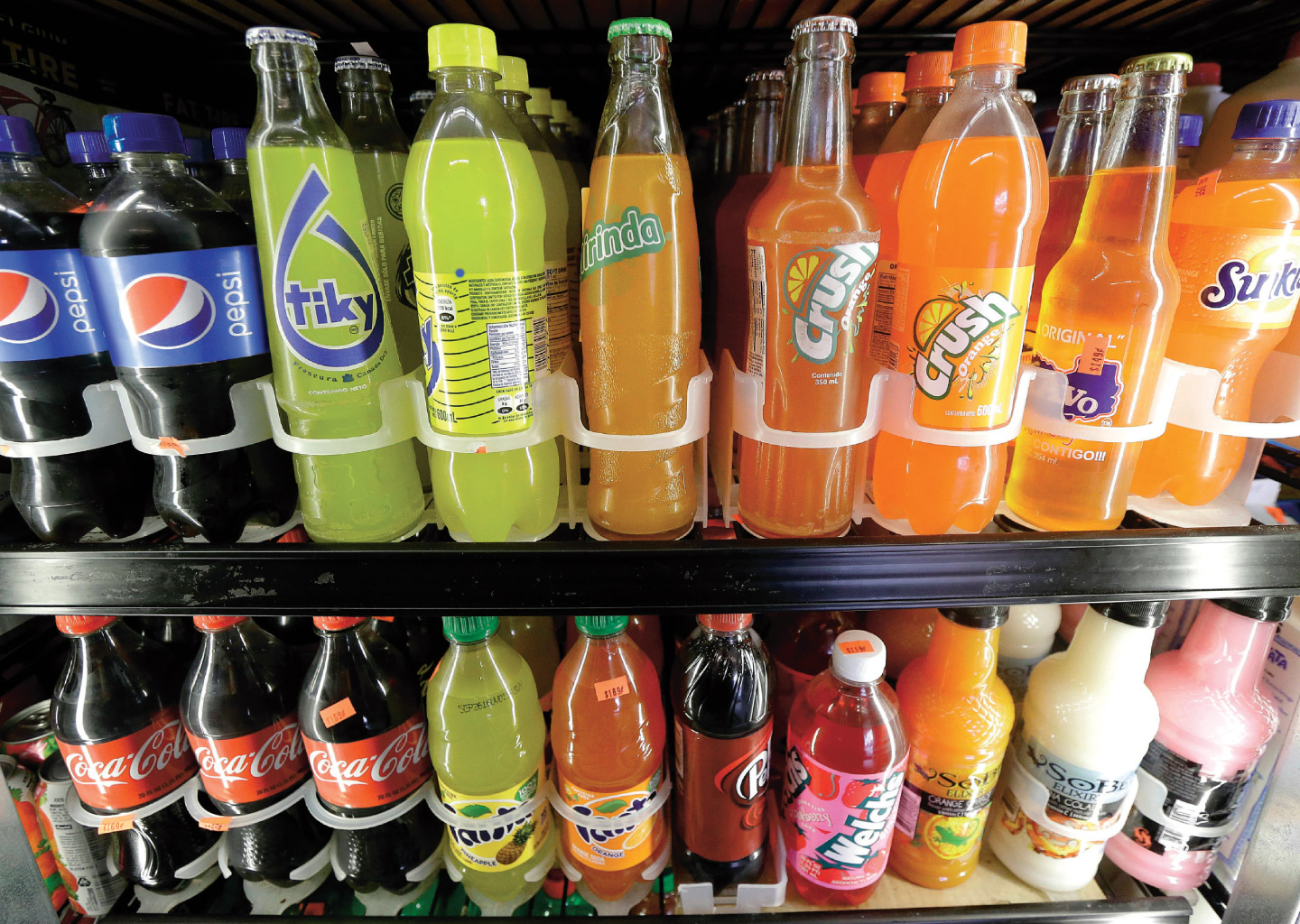Does drinking too much soda and other sugary beverages put you at greater risk for serious health problems?
The vast majority of scientists and nutritionists have concluded that the answer is yes, and a growing number of places in the U.S. are considering policies aimed at curbing soda consumption.
But the sugar and beverage industries want you—and lawmakers—to believe the answer is no. And they’ve been working behind the scenes for decades to influence the public debate over sugar consumption by funding scientific studies that give their products a clean bill of health.
Researchers in San Francisco recently released a report that reviewed 15 years of studies about whether soda consumption can lead to obesity and diabetes. Of the 60 studies they examined, 34 were conducted by independent scientists. Every single one of those showed a clear link between drinking soda and developing obesity or diabetes. But the 26 studies done by scientists with financial ties to the beverage industry all found no link between sugary soft drinks and poor health.
“If you look at just the independent studies, it becomes exceedingly clear that these drinks are associated with diabetes and obesity,” says Dr. Dean Schillinger, the lead author of the report and a professor of medicine at the University of California, San Francisco.
The report comes at a time of heightened concern about obesity and growing battles over policies aimed at curbing soda consumption. With 38 percent of U.S. adults and 21 percent of teens considered obese, a handful of cities, including Philadelphia and Berkeley, California, have approved taxes on sugary beverages to discourage people from drinking them. Other places, such as Seattle and the state of West Virginia, are considering following their lead, though lawmakers in New York state and elsewhere have rejected soda taxes.
Why would the sugar and beverage industries pay for scientific studies that claim to show their products are safe? They have a lot to lose if Americans continue to drink less soda (see graph, below). And studies can go a long way toward boosting a claim, especially if no one looks closely at whether the science behind them is solid (see “How to Spot Suspicious Science,” below).
“There’s a huge rash of things that research studies influence,” says Eric Feigl-Ding of the Harvard School of Public Health. “Everything from dietary and environmental guidelines to what your school cafeteria serves for lunch.”

